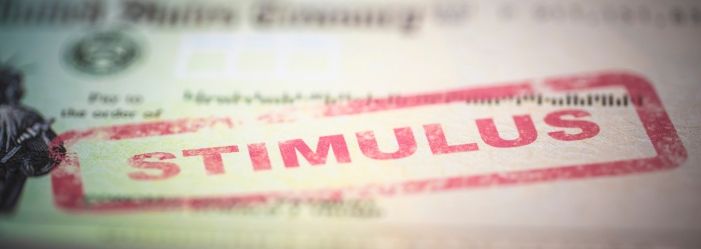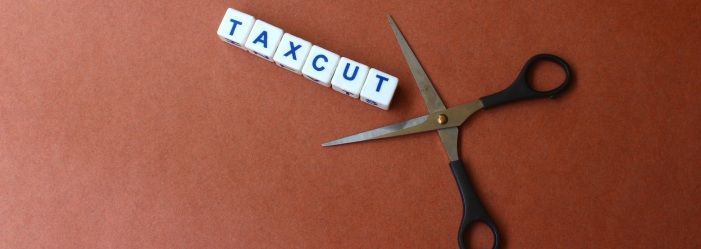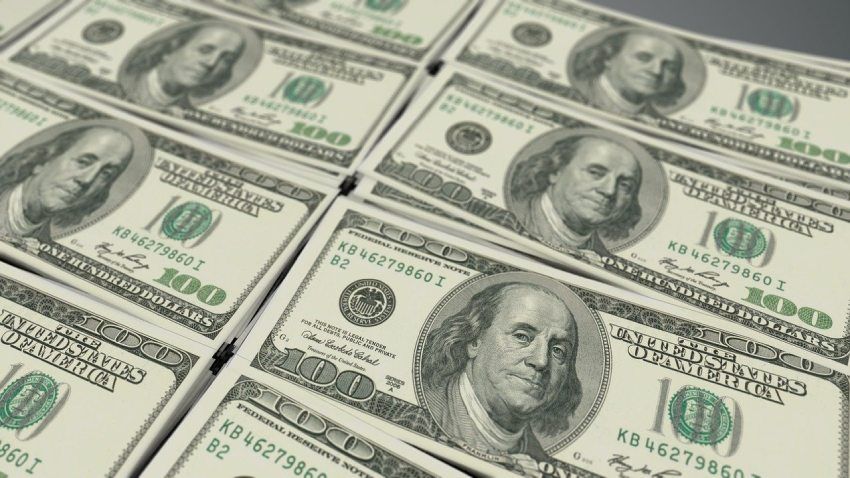Last Updated: October 23, 2023
Stimulus Update: Current Status and What Could Be Next

The federal government has paid out about $850 billion in 2020 and 2021 to American families, leading many to wonder, is there another stimulus check coming? After the third payment, many are asking, is a third stimulus check coming? The current question now, as the COVID-19 epidemic continues, is whether Americans will get a fourth stimulus check.
Let’s take a look at how might be getting a stimulus check in this article.
A Quick History Of Stimulus
In response to the economic hardship caused by the COVID-19 epidemic, the federal government issued a number of stimulus packages. These included a $1,200 stimulus per adult (with some exceptions) through the Coronavirus Aid Relief and Economic Security Act, an additional $600, and $1,400 through the American Rescue Plan. For those anticipating these aids, understanding
when stimulus checks are being sent out and how to track them is essential.
Parents also received six payments through the Child Tax Credit (CTC). The federal government also offered additional unemployment payments.
Unfortunately, the CTC ends in December 2021, thanks to West Virginia Senator
Joe Manchin refusing to consider that CTC provision in the Build Back Better bill. Despite
evidence that the CTC made a huge difference in pulling families out of poverty, the CTC will probably be dropped from the Build Back Better bill in order to pass a form of the bill.
Additional
unemployment benefits ended in September 2021. While there are many anecdotal stories about companies not being able to hire enough staff because of the stimulus payments and unemployment support, the reality is more complex.
As of November 2021, the national unemployment rate had dropped to 4.2%, still higher than the pre-pandemic level of 3.5%. The biggest problem for many people returning to work appears to be the continual mutation of the coronavirus.
States with low vaccination rates are having the hardest time filling service, high-contact jobs, and have higher unemployment rates. In Texas alone, there have been 72,000 job losses and more than a $13 million decline in output.
As the mutations continue, so will the elevated unemployed numbers.
California Stimulus Checks
If you live in
California, you may have noticed deposits from the state, ranging between $600 and $1,100. This program is not coming from the federal government but from the Golden State Stimulus. This is not a form of COVID relief, but due to a 1978 law that requires the state to return money to taxpayers once the state government reaches a certain level of income.
In 2021, Governor Newson instructed the state to “refund” more than $12 billion to Californians making $75,000 or less each year. At this point, it appears that California will exceed the revenues and may continue the refund.
However, that depends on the upcoming budget that will be released in January 2022. In addition, the governor can delay the distribution for up to two years.
Other States Stimulus Checks
Some states are planning to send stimulus packages to their residents. These include Maine, Maryland, and Florida.
Maine is planning to pay $285 to individual filers with an adjusted gross income below $75,000 and below $150,000 for married joint filers. These started in November 2021 and end in December 2021.
Maryland will send out between $300 and $500 to low income families. The state plans larger tax refunds over the next three years.
Florida will send first responders and educators in Pre-K through 12th a payment of up to $1,000 in December 2021.
Update on Potential Additional Stimulus in 2022
While additional broad stimulus checks seem unlikely at this time, some limited additional aid may still be possible in 2022. For example, Congressional Democrats are still trying to pass a version of the Build Back Better bill that would extend the expanded Child Tax Credit for another year. This could result in families receiving additional payments in 2022.
Some states and cities are also exploring their own localized stimulus programs, like the universal basic income pilots happening in some areas. While not guaranteed, additional federal or state support can't be ruled out entirely if economic conditions worsen.
Parents in the US
If the federal
legislators manage to pass the Build Back Better bill with the Child Tax Credit provision intact, families would receive monthly payments through 2022.
Low income families would receive the CTC permanently or until they are lifted out of poverty.
Update on Federal Stimulus Efforts
While broad federal stimulus checks seem unlikely now, Democrats are still trying to pass targeted aid through a version of the Build Back Better (BBB) bill.
Some provisions in the current BBB framework include:
- 1-year extension of the expanded Child Tax Credit
- Affordable Care Act subsidies extension through 2025
- Expanded Earned Income Tax Credit for low-wage workers
- Funding for affordable housing programs
The future of the BBB bill remains uncertain due to opposition in the Senate. However, Congressional Democrats remain committed to passing some form of the bill.
Explore Other Forms of Government Aid
Beyond stimulus checks, other federal and state programs exist to aid those facing financial hardship.
Some options to research include:
- Unemployment insurance - if you lost work, you may qualify for benefits
- SNAP food assistance - helps low-income households buy groceries
- Medicaid - provides free or low-cost health coverage
- Rent/mortgage relief programs - some aid available regionally
Every state also has various assistance programs for needs like childcare, utilities, and medical costs. Do some research to see what help may be accessible.
Consider Tax Credits and Deductions

When you file your tax return, make sure to claim any tax credits and deductions you qualify for.
Some options include:
- Earned Income Tax Credit - benefit for low-to-moderate-income workers
- Child Tax Credit - up to $3,600 per child under age 6
- Child and Dependent Care Credit - offset care costs if you work
- Charitable contributions deduction - for donations to qualifying organizations
Working with a tax professional can help you maximize your potential refund. Every dollar counts when trying to boost your finances.
What To Do Now
While waiting to see if any additional stimulus materializes, here are some proactive
Steps to take:
- Review your budget and look for ways to cut expenses
- Explore options to increase your income like a side gig
- Build up emergency savings if possible
- Consider debt payoff strategies if you have high-interest debt
- Check state government websites for potential local aid programs
Taking control of your finances now will put you in a better position to weather any ongoing economic uncertainty. Our financial advisors can also help you develop a personalized plan.
FAQs
Conclusion
The COVID-19 pandemic led to unprecedented government stimulus efforts to help Americans through an extremely challenging time. While additional broad federal stimulus is unlikely now, targeted aid remains possible. For those still facing hardship, resources exist through government programs, tax credits, and state-level stimulus.
As we move forward, focusing on sound financial management practices remains vital - living within your means, reducing debt, and saving where possible. With prudent decisions, we can build economic security for ourselves and weather any storms ahead.
We strongly suggest that you not count on future stimulus payments, particularly in light of recent developments where debt collectors can now seize your stimulus payment. Dependence on these sources might not be reliable, and being informed about these changes is important.
Of course, that may change if one of the mutations proves to be more deadly than the original COVID-19 outbreak. If you have extra cash and debt, you may want to read Which Debt Should I Pay Off First? Otherwise, if you can, save that money for future emergencies.
If you are struggling with overwhelming debt and want to explore your debt relief options, Pacific Debt Relief offers a
free consultation to assess your financial situation. Our debt specialists can provide objective guidance relevant information and support to help find the right debt relief solution.
Reduce Your Credit Card Debt By Up to Half

BBB Reviews | 4.9/5.0 Rating









 Do Not Sell My Personal Information
Do Not Sell My Personal Information